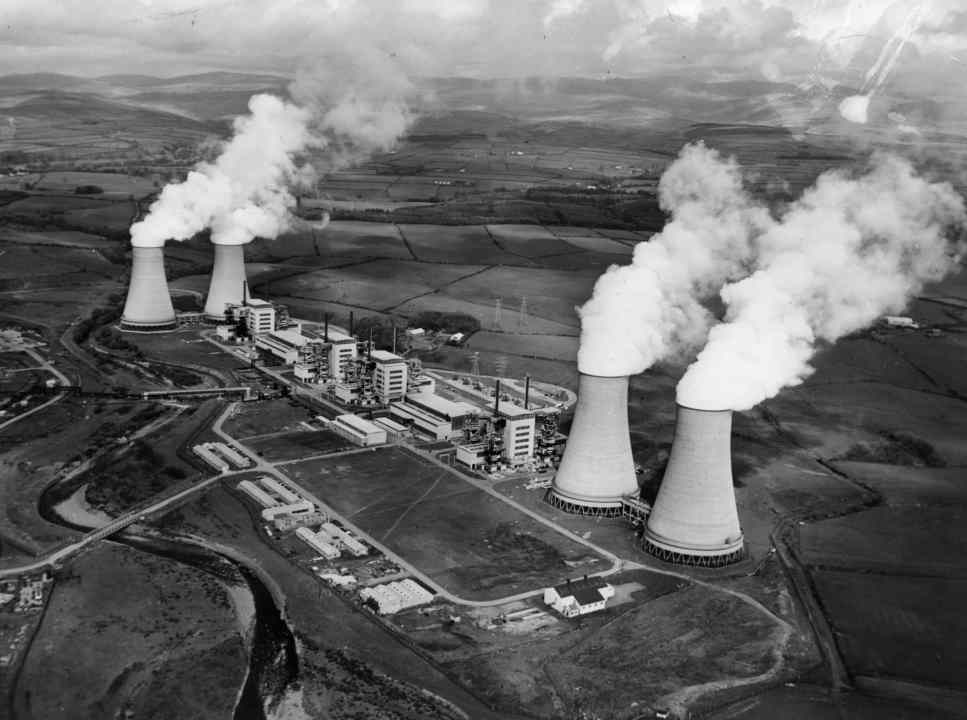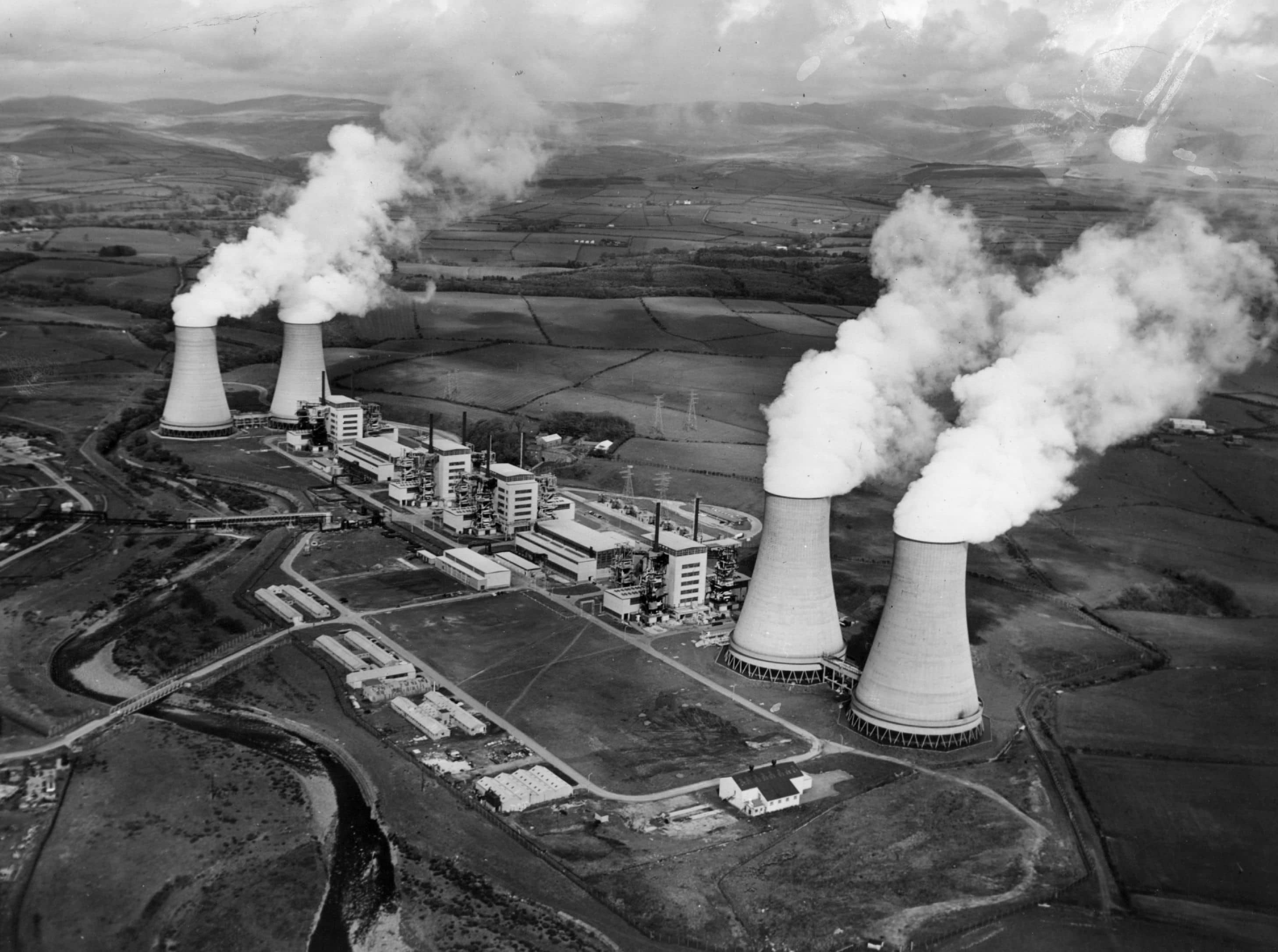The government’s delayed energy strategy is finally due to be released this week. The Prime Minister is due to unveil his plans on Thursday, which will supposedly ensure that the UK is self-reliant on energy supply after Russia’s invasion of Ukraine. Not that the proposals will lead to much change overnight. Instead, they are focussed on ensuring self-reliance in the long term – with many of the plans likely to take decades to come to fruition.
So, what’s on the agenda? Part of the reason the energy strategy has been delayed several times is a difference of opinion between the Department for Business, Energy & Industrial Strategy, No. 10 and the Treasury. The Chancellor initially queried proposals for increased nuclear power – not over safety concerns but over how cost-effective it would be for the taxpayer.
Meanwhile, Kwasi Kwarteng, the Business Secretary, has been vocal in his support for onshore wind turbines – suggesting to the i newspaper that the government is looking to ease planning controls to make it easier to build new wind farms. He told the paper: ‘I think the Prime Minister has been very clear that onshore wind has got to be part of the mix.’ But as ministers and MPs have voiced concerns – Transport Secretary Grant Shapps this weekend said wind turbines are ‘something of an eyesore’ – the position has become less clear.
The expectation, then, is that the strategy will focus on nuclear and offshore wind – with the potential for local residents to approve more controversial projects. Given that the sense in government is that 2050 would be the target for new nuclear power stations, Thursday’s announcement is not about immediate relief to people struggling with high gas bills now. Meanwhile, a new ConservativeHome cabinet league table shows that Rishi Sunak’s popularity has dropped significantly (to third from bottom) in the wake of his spring statement. Any calls for more cost-of-living help now will be squarely directed at the Chancellor.








Comments